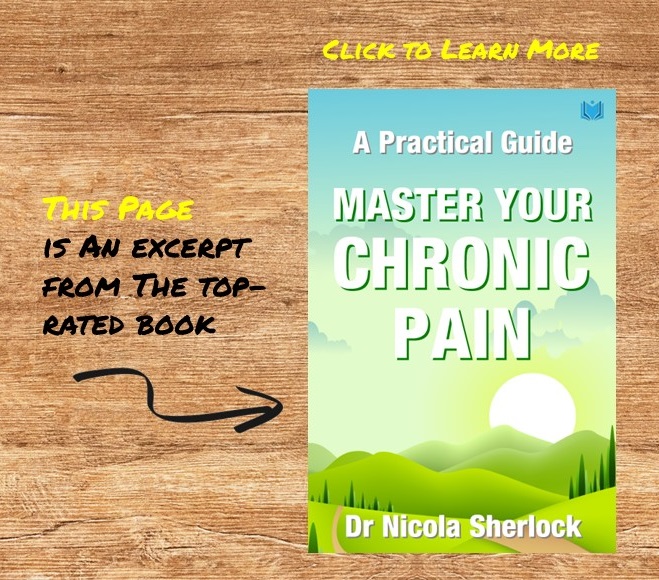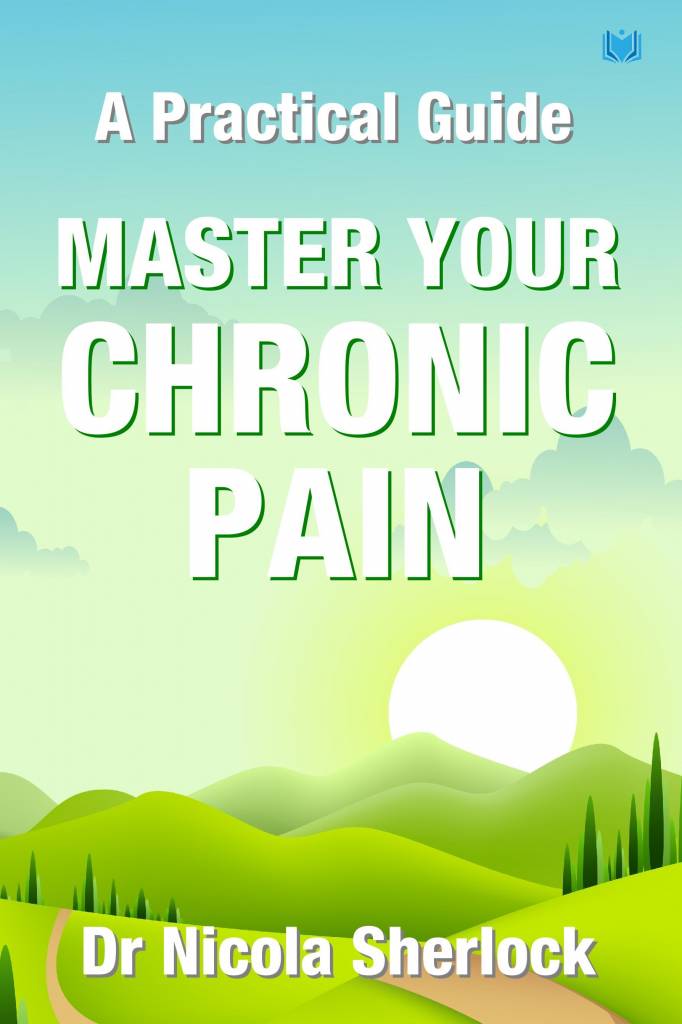The Homemaker
Let’s use Michelle’s experience as an example. Since she developed her pain, some of Michelle’s rules had become very problematic for her – they no longer added value to her life. Michelle had a rule that her home must be clean and tidy at all times. She also had the rule that every item of laundry that was washed needed to be ironed (including things like underwear, socks, towels and bedsheets). Also, the rule was that the ironing was done on the day that the washing was done. These rules were not particularly problematic for her before she developed her pain. Even though cleaning and ironing were time-consuming, she previously managed them without any significant difficulties.
However, when Michelle developed Fibromyalgia, she was frequently exhausted and in pain. Despite her pain and her exhaustion, Michelle continued to live by her rules – the house must be clean and tidy at all times, and everything must be ironed on the day that it is washed. This became difficult for her because following these rules meant she had to spend many hours every week cleaning, tidying, and ironing.
Like most people who live with pain, Michelle experienced good days and bad days with her pain and fatigue. Some days, she was particularly sore and tired. However, even on her worst days, she lived by her rules and continued to do her cleaning, tidying, and ironing – taking as few breaks as possible. Following the rules meant that Michelle felt exhausted and sore, and she was left without enough energy to do some of the things that were really important to her – like spending time with her children. Typically, Michelle went to bed around 7 pm every evening; she felt like she could not stay up a moment longer. She was upset by this. She spent less time with her family than she would have liked, especially her children as they were only home from school for a couple of hours before she went to bed.
I spent some time discussing these rules with Michelle and reflecting on how they were serving her. She was very resistant to changing them; her mother had taught them to her many years ago, and she had always lived by them. There were benefits to this way of living, her house was clean and tidy, and her clothes were ironed to perfection. However, she also recognised that she paid a heavy price for following the rules so rigidly.
Michelle decided to make some changes to her rules because she recognised that she would free up time to spend with her children. By spending more quality time with her children, she was moving towards one of her most important values – being emotionally and physically available to meet her children’s needs. In short, she decided to no longer iron small items, towels, or sheets, and to relax her rules about always keeping the house clean and tidy. These ‘rule breaks’ allowed her to conserve her energy for the things that were more important to her.
*
Learn more about dealing with Chronic Pain with:


